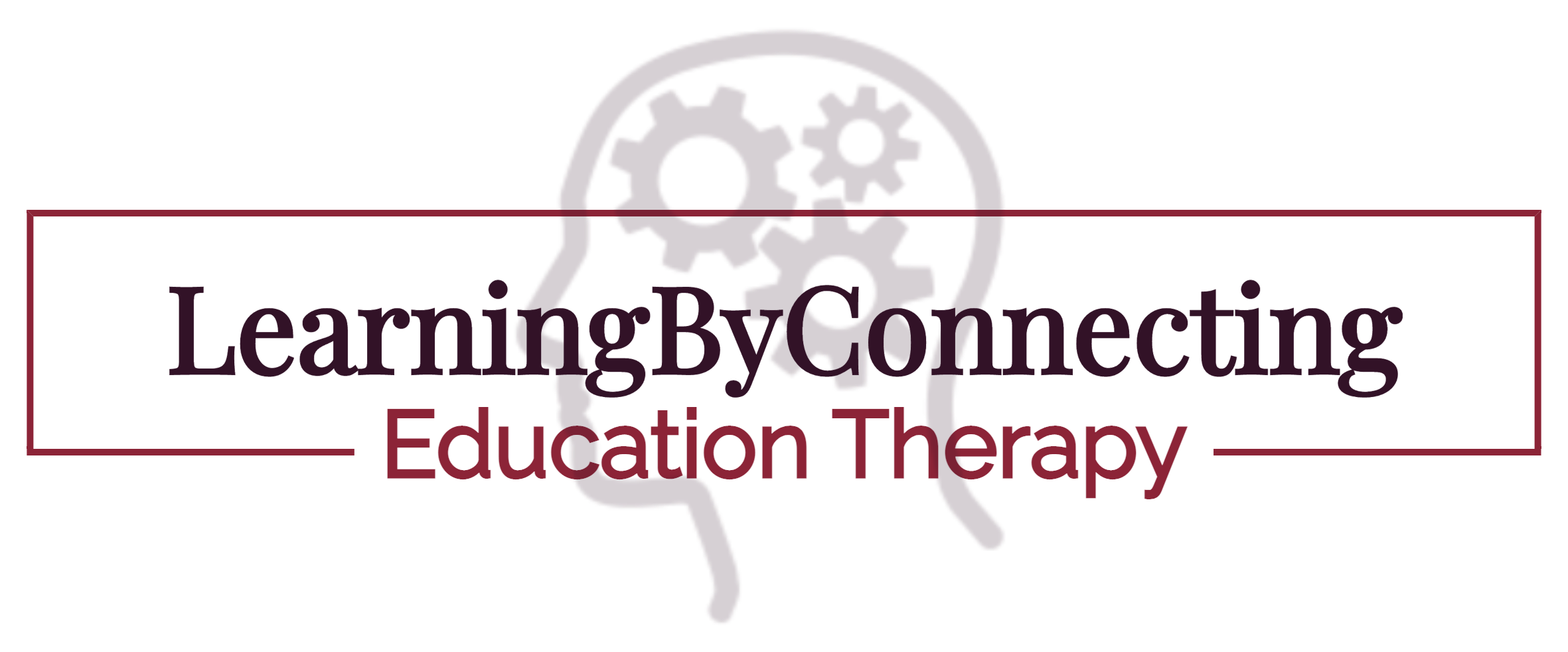Psychologist Michael Posner first used the term “executive functioning†in the late 1960s. He used the term to describe a set of cognitive processes that are involved in goal-directed behavior, such as planning, problem-solving, and working memory. It is studied and taught in various fields, including psychology, neuroscience, and education.Â
Today, executive functioning is recognized as a key component of academic success, social competence, and overall well-being. However, with 19 years of teaching under my belt and experience as a special educator, researcher, and curriculum writer, schools that explicitly teach executive functioning skills are few and far between. If these skills are taught in classrooms, they are not always a consistent part of the curriculum.
Teaching these Life Skills typically take a backseat to a focus on teaching content knowledge and standardized test preparation, leaving less time and resources for teaching executive functioning skills.
Fortunately, parents are starting to recognize the importance of executive functioning skills. Many are now aware of gaps in their children’s ability to be functionally independent with everyday life skills, making it a growing concern. The good news is that parents can help their children develop these skills by providing focused guidance and support at home.
What Are Executive Functioning Skills?
Executive functioning skills are the skills that help us organize our thoughts, pay attention, plan, and manage our time effectively. They are like a boss in our brain that helps us get things done!
If you are like many parents, you may have little to no idea what these skills are. Here are some examples of executive functioning skills:
Planning:Â This is when we think about what we need to do and come up with a plan to get it done. For example, if you have a project due, you might make a list of the steps you need to take to finish it.
Prioritizing:Â This is when we decide which tasks are most important and focus on those first. For example, if you have homework and you also want to play with your friends, you might prioritize finishing your homework before going outside to play.
Organizing: This is when we arrange things logically so we can find them easily later. For example, you might organize your school backpack supplies by putting your pencils in one compartment and your notebooks in another.
Paying attention:Â This is when we focus on one thing and ignore distractions. For example, when someone is talking, you might pay attention by looking at them, nodding, and paraphrasing what you heard.
Flexibility: This is when we can change our plans if something unexpected happens. For example, if it starts raining outside and you are planning to play soccer with your friends, you might change your plans and play a board game indoors instead.
Parents Supported StrategiesÂ
Here are some strategies to help your child  improve their  executive functioning skills:
*Help them make a schedule or to-do list: This can help them plan and prioritize tasks.
*Break big tasks into smaller ones, making them less overwhelming and easier to manage. Instead of saying. “Clean your room.†Start with one or two simple tasks. Example: “Clean off your desk, and pick up your clothes.â€
*Use a timer:Â This can help your child stay on track and manage their time more effectively. Have your child guesstimate how long a task will take and play a game to see how well they estimate.
*Take breaks: It’s important to rest your brain so you can return to tasks feeling refreshed and focused. Try the Pomodoro Technique.Â
*Practice mindfulness: This can help you stay present and focused at the moment. You can take a few deep breaths or do a simple meditation exercise. Try this visual I use with my own students.Â
Why These Skills Are Important
Executive functioning skills are critical for success in school, work, and daily life. Here are four benefits of strong executive functioning skills:
*Improved academic performance: Students with strong executive functioning skills are better able to organize their time, prioritize their work, and focus on their goals. This can lead to improved grades, higher test scores, and more efficient studying. Oh, and confidence!
*Better social relationships:Â Executive functioning skills are important for regulating emotions, reading social cues, and making good decisions. Students who are able to regulate their behavior and emotions are more likely to have positive social relationships with their peers, teachers, and family members.
*Increased independence:Â Strong executive functioning skills help individuals become more independent and self-sufficient. They are better able to manage their time, complete tasks on their own, and make decisions that are in their best interest. Peer pressure will be less of an influence.
*Improved mental health: Executive functioning skills are important for managing stress, regulating emotions, and problem-solving. Individuals with strong executive functioning skills are better able to cope with challenges and setbacks, which can lead to improved mental health and well-being.
Remember, executive skills are like muscles – the more you use them, the stronger they will become!
Want more information, or are you interested in Executive Functioning Training? Let’s connect.
Dr. Christine Powell;
LBCMindGym@gmail.com


